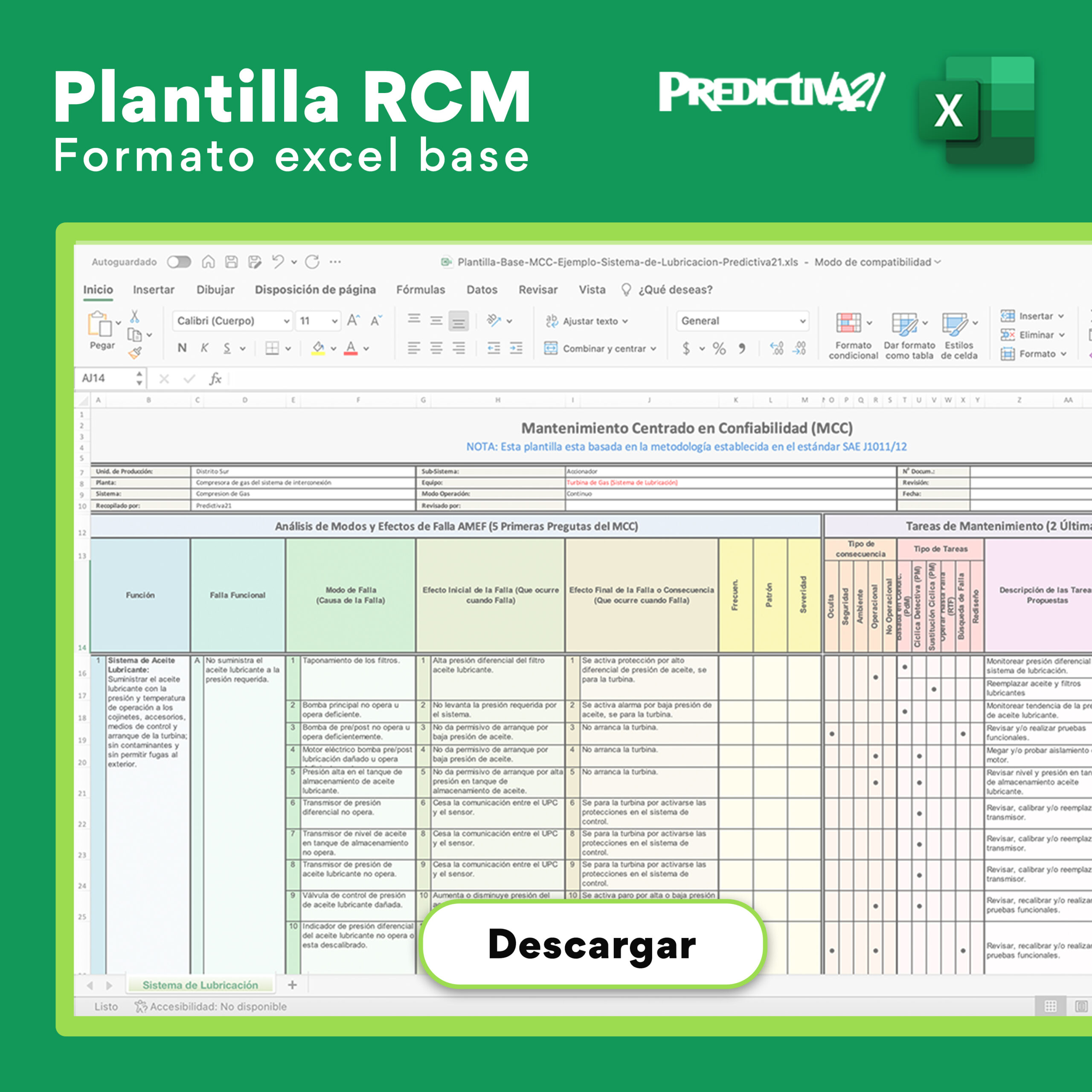Most people agree that inflation is the most aggressive tax there is, since it completely affects all levels involved in any country’s economy, and Maintenance is no exception to this negative impact. Imagine how we could implement a maintenance plan, either preventive, programmable corrective or emergency type, if every time we need to buy the necessary supplies for these interventions it is not possible because there is no foreign currency available in the market, or they simply increase their price every day as a result of a galloping inflation. Good maintenance planners know that to make a preventive maintenance plan for any period of time, mainly for the critical equipment of the plant, that is, those whose failures can considerably affect people, equipment, environment, and production, there has to be a stock of materials and replacement parts to accomplish these interventions. But it is also true that we would have to pay out considerable sums of money to store them, as a way to prevent this undesirable situation.
If there weren’t an inflationary economy and a lack of foreign currency, the regular stock of these materials and parts could be sustained with smaller inventories. Inevitably, the top management of an organization would necessarily have to analyze what is more convenient before taking a decision: to have them stored or take the risk of a negative impact for not having them. Now, it is equally important to discuss how could any enterprise make a budget for a shutdown of a plant of any kind, be it a food, chemical or any other, if the timely supply of materials and parts is not guaranteed due to not being available in the market, or simply because they continually increase in cost at relatively short periods of time. Imagine the constant anxiety at all levels of management dealing with such scenario. This is also part of what I call Psychological Cost: even if we don’t see it, it causes stress, anxiety, fear and frustration, highly deteriorating our health. Possibly, facing this scenario of not finding supplies at a reasonable cost, plant shutdowns have to be put off with the consequence of a considerable increase in failures with unpleasant results for people, equipment, production and economy, for private enterprises or those under control of the government such as refineries and petrochemical, among others. Likewise, we cannot forget how this definitely affects the health sector due to finding completely inactive equipment for lack of replacement parts which are mostly imported, decreasing the quality of service everyday and thus diminishing the quality of life, not to mention the infrastructure of a country.
Traducción: Richard Skinner




0 comentarios